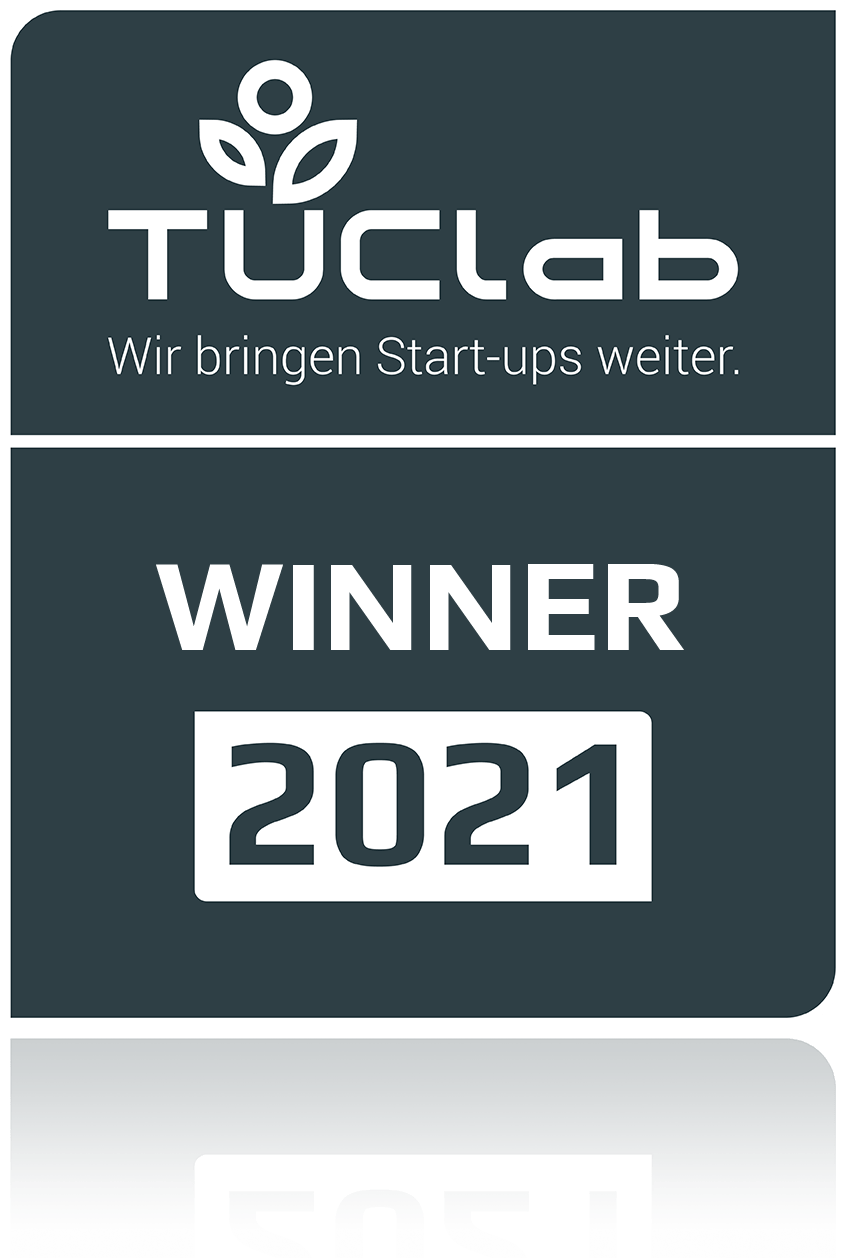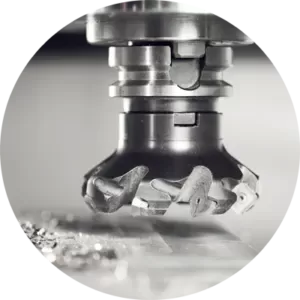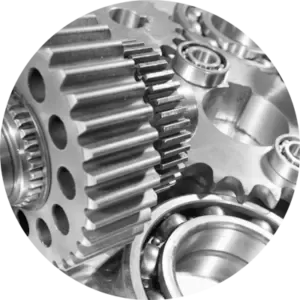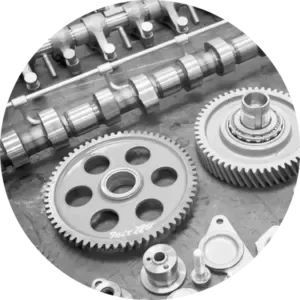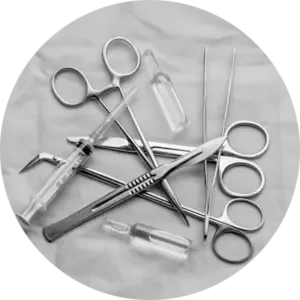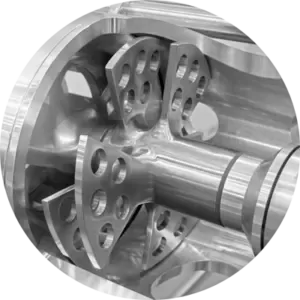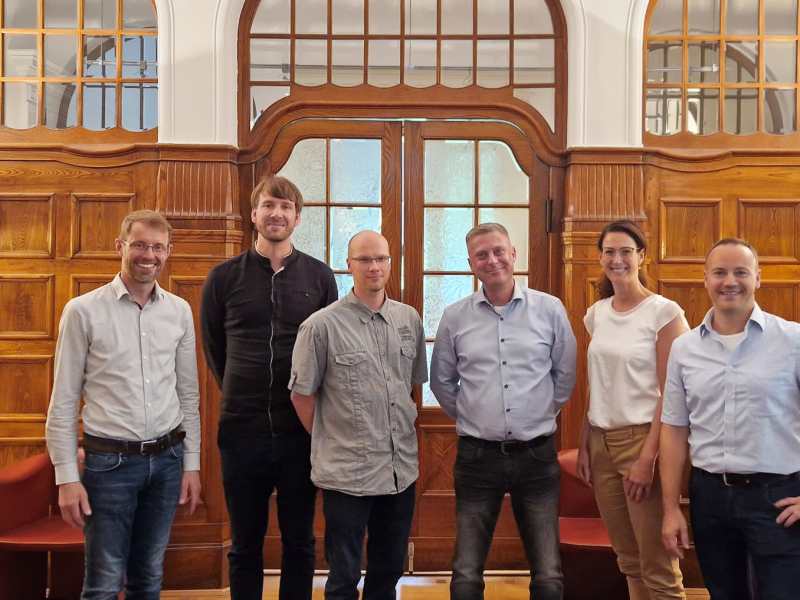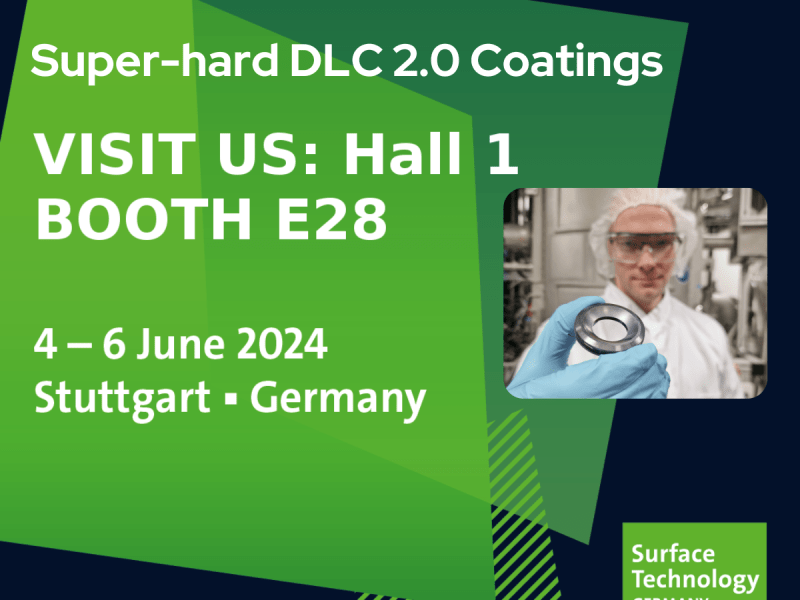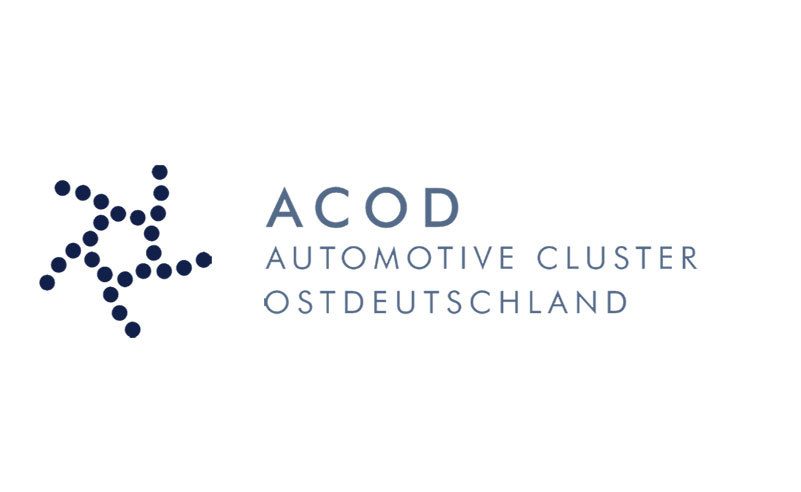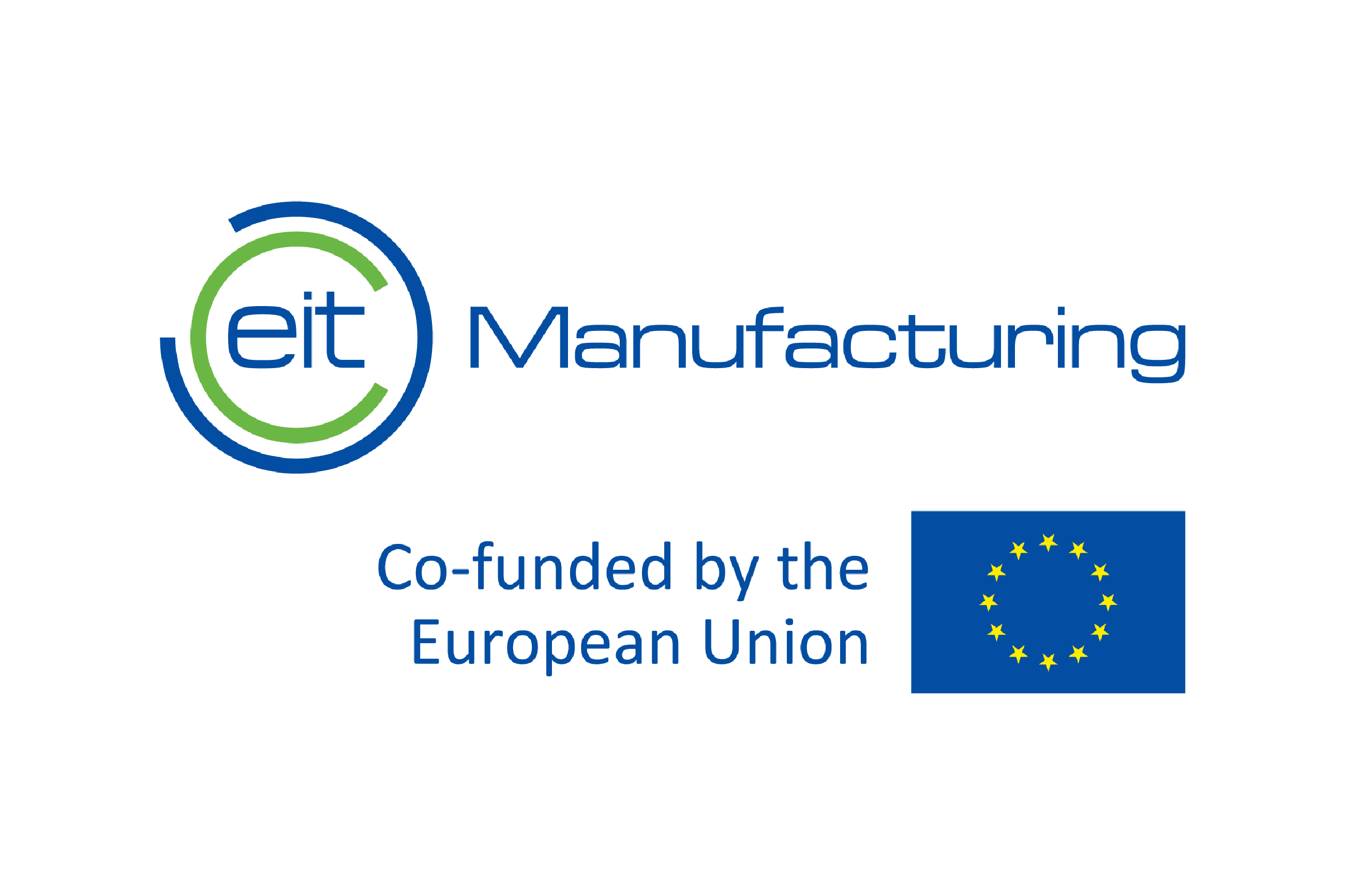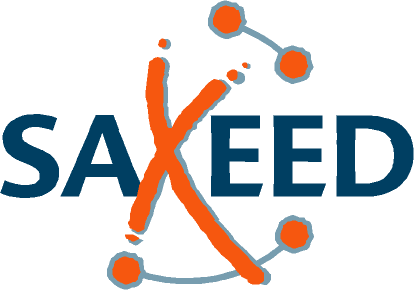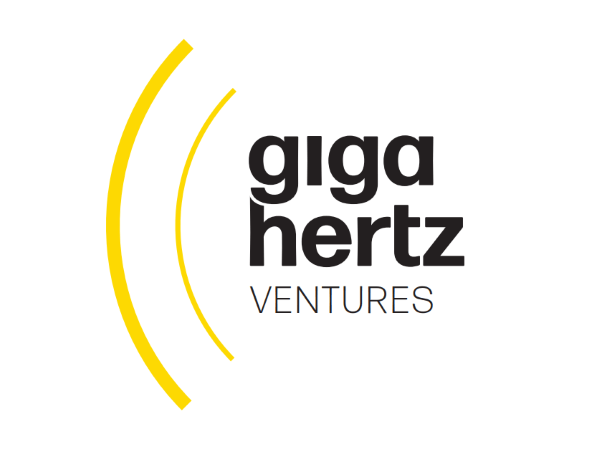-
high performance wear protection
dlc 2.0
-
ta-C WITH ZERO INTRINSIC STRESS
THE INNOVATION

ABOUT US
HIGH-END WEAR PROTECTION
We are pioneers in the manufacturing of super-hard and at the same time „stress-free“ diamond-like carbon coatings (DLC 2.0). ANTACON is an innovative and established job coater as well as a reliable technology partner. We focus on the use of DLC coatings for production equipment and components to significantly increase the productivity, production quality and process reliability of your production systems. At the same time, you can significantly reduce your production costs.
Our vision is clearly defined: We are not the right people for coating washers. But for extraordinary projects that push the limits of our imagination.
What characterizes our coatings: „Unsurpassed mechanical stability and hardness of surfaces with minimal friction“. Everything must run smoothly under extreme conditions. This is possible with our coatings, because they are used to always working hard at the limits of what is achievable.
The surface makes the difference!
Our process allows very high indentation hardness grades of up to 70 GPa (cf. diamond: H = 100 GPa), whereby the coatings become extremely resistant to various wear mechanisms.
Due to the low surface roughness and the resulting low friction coefficient, these layers are also predestined for applications in which the lowest possible friction is of vital importance.
Low temperatures during the layer deposition (<90 °C) make it possible to coat various metals and alloys as well as temperature-sensitive materials such as synthetics.
In addition to being used for wear protection, our ta-C coatings offer a wide range of other possible uses, e.g. in medical technology, the food industry or sensor technology due to their chemical resistance, biocompatibility, structurability and dopability.

Hagen Grüttner
CEO
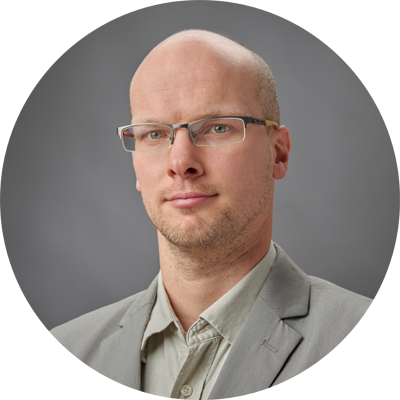
David Haldan
CTO

Johannes Maus
Marketing & Sales
MAXIMUM HARDNESS AND MINOR SURFACE ROUGHNESS
INNOVATION: ta-C WITH ZERO INTRINSIC STRESS
The innovation consists in the possibility – due to a process developed and patented by us – to produce maximum hard and mechanically stable ta-C layers in any thickness due to their freedom from tension for the first time. For a large variety of applications, this represents a considerable added value compared to the DLC layers conventionally available on the market.
Another advantage of our process is the high surface quality of the produced layers. The mean average roughness is less than 100 nm. Therefore, curing of the layers for tribological applications is not necessary.
ANTACON is providing DLC or ta-C layers with the mentioned features for the first time.
DLC & ta-C
The abbreviation “ta-C” stands for hydrogen-free tetrahedral amorphous carbon layers.
Regarding ta-C layers in general, it should be clarified that these belong to the group of DLC (Diamond-Like Carbon) layers. The term “DLC” according to VDI guideline 2840 is a collective term for a whole group of amorphous carbon layers. DLC layers can be produced diversely and may have different compositions.
Our ta-C layers produced by means of pulsed laser deposition are the hardest modification among the DLC layers due to the high particle energies during the deposition and due to their absence of hydrogen.
Our DLC and ta-C layers are characterized by the following features and the resulting advantages:
- extreme hardness » high wear resistance
- variable coat thickness » due to the absence of tension
- minor friction coefficient » increased energy efficiency
- high chemical resistance » resistant to aggressive media
- biocompatibility » suitable for medical uses applications for food technology
- dopability » adjustable electrical or bio-chemical properties
- very good adhesion to a broad range of materials » widely applicable
- infinitely variable hardness profiles » application-specific layer designs
COATINGS
OUR PRODUCTS AT A GLANCE
Material: C
Structure: amorphous
Nano-hardness HIT[GPa]: > 60
Intrinsic stress [GPa]: minimum 0,1
Coating thickness [µm]: no limitation
Friction coefficient (dry angainst steel): 0,1
Average roughness Ra [µm]: < 0,1
Deposition temperature [°C]: < 90
Max. operating temperature [°C]: <500
Material: C
Structure: amorphous
Nano- hardness HIT[GPa]: 35-45
Intrinsic stress [GPa]: 4-5
Coating thickness [µm]: < 6
Friction coefficient (dry against steel) : 0,1
Average roughness Ra [µm]: < 0,1
Deposition temperature [°C]: < 90
Max. operating temperature [°C]: 300-400
Material: C
Structure: amorph
Nano- hardness HIT[GPa]: 20-30 GPa
Intrinsic stress [GPa]: ~ 1
Coating thickness [µm]: < 10
Friction coefficient (dry against steel): 0,1
Average roughness Ra [µm]: < 0,1
Deposition temperature [°C]: < 90
Max. operating temperature [°C]: 300-400
Material: C
Structure: amorphous
Film architecture: Mono-, Gradient- or Multilayer
Nano- hardness HIT[GPa]: 25 bis 70 (adjustable)
Intrinsic stress [GPa]: 12-0,1 (adjustable)
Coating thickness [µm]: 0,1-10
Max. operating temperature [°C]: up to 500
- extreme hardness » high wear resistance
- variable coat thickness » due to the absence of tension
- minor friction coefficient » increased energy efficiency
- high chemical resistance » resistant to aggressive media
- biocompatibility » suitable for medical uses applications for food technology
- dopability » adjustable electrical or bio-chemical properties
- very good adhesion to a broad range of materials » widely applicable
- infinitely variable hardness profiles » application-specific layer designs
ANTACON’S SERVICES
WE OFFER YOU
We cover your tools and components with our highly innovative coatings, which offer you wear protection at the highest level.
We offer customized coating maschines with a high level of operator comfort for the enhancement of your products.
Depending on the application and the parent material, only ultra-hard layers are not always ideal.
If a relatively strong deformation of the tools or components occurs in a certain case of loading, the high elastic modulus of ultra-hard layers can have a negative impact on the stability of the overall system. In order to compensate for this and still be able to use the outstanding features of our ta-C layers, we also offer multilayer coatings and gradient layers, which are optimised for your application with the help of computer-aided simulation.
You are not sure whether our coatings are suitable for your application? Let’s try!
Even with the best technical understanding, every application is unique and not theoretically describable and calculable in all facets.
Therefore, we offer you the opportunity to work with us to find the ideal solution for your requirements by means of compact feasibility studies right up to prototyping.
We are happy to turn your request into our challenge. Get in contact and we will be glad to advise you on a solution that works for you.
We have a wide range of analysis technology available and offer you the following services:
- materials analysis using EDX
- scanning electron microscopy
- hardness measurements using micro and nano indentation
- coating thickness measurements (tactile and calotte grinding)
- adhesion test (Rockwell penetration test and scratch test)
- determination of the friction coefficient (pin on disc and scratch)
- Raman spectroscopy
- UV/VIS spectroscopy
PLD
TECHNOLOGY
The layers are produced via pulsed laser deposition.
In the first step, a pulsed laser beam is focused on a target (source for the layer-forming particles), which generates a directed particle flow that moves in the direction of the object to be coated and thus forms the layer. In general, for the production of DLC or ta-C layers, regardless of the production process, it should be noted that these must always be produced in a vacuum process. With increasing hardness, they are always accompanied by high compressive stresses (up to 12 GPa). Only with appropriate countermeasures is it possible to produce such layers in a mechanically stable manner and in any thickness.
Our patented process for the relaxation of layers is based on the fact that the layers are deposited alternately with a thickness of a few tenths of a µm and then annealed by laser irradiation. This leads to an almost complete relaxation of the individual sublayers. The alternating process can be repeated as often as required, whereby any thickness and tension-free ta-C layers with maximum hardness can be produced.
We work closely with the laser institute of the Mittweida University, which enables us to deal with demanding problems. We would be happy to work with you to develop individually customized solutions for your application.
MORE ABOUT ANTACON
LATEST NEWS
YOUR OPEN QUESTIONS TO US
WHICH WE WILL BE HAPPY TO ANSWER
ANTACON GmbH
Place:
Schillerstraße 10
09648 Mittweida
Tel.: +49 (0) 3727 / 95- 92951
Fax: +49 (0) 3727 / 58-21334
E-Mail: info[at]antacon.de
Web: www.antacon.com

